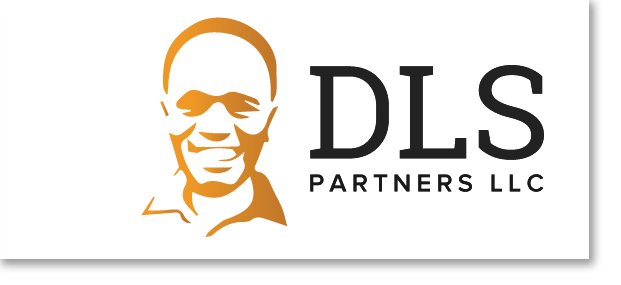A few weekends ago, a group of leaders from around the globe convened on a breathtaking location in the Santa Cruz Mountains in Northern California, to envision a future of creating a kind of movement which would empower and facilitate conscious leaders around the world.
If you are unfamiliar with the term ‘conscious leadership,”; in its most simple form, conscious leadership is bringing one’s whole self and with total awareness to your leadership position. It requires authenticity to be who you really are. Conscious leaders focus on the “we” rather than the “me” and realize that their role is to create a culture of trust, care and expansive influence.
My journey of becoming a conscious leader began several years ago. Actually, I have come to realize in recent years that my father was a conscious leader decades before such terms were in the business vernacular. As a young teen he would share with me experiences he had that were difficult for him; visiting young men in prison, visiting sick or dying parishioners in hospital, interactions with ministers who had large egos to name a few. Sharing such matters with your young son is incredibly vulnerable and humble, but I now see that his self-awareness might have been “off the charts”.
My time with these global conscious leaders emboldened me to encourage and challenge my clients and my fellow coaches to begin and/or deepen our journey on the road of bringing our whole selves to work, with a keen and intentional focus on becoming our authentic selves.
To Leaders
Becoming a conscious leader begins with checking your ego at the door. This may sound like a simple concept, but in reality human beings are complex and we do not change our learned behaviors quickly. It is unfortunate that many people in leadership positions have risen to them in spite of their lack of consciousness and poor interpersonal skills. Those leaders may achieve short-terms wins, conscious leaders however, believe that the bottom line will be even greater if a holistic and conscious approach is taken. The Drucker Institute has brought together five dimensions of corporate performance—Customer Satisfaction, Employee Engagement and Development, Innovation, Social Responsibility and Financial Strength—to create a holistic perspective based on Peter Drucker’s core principles.
Leaders will come to understand and accept that there is a greater purpose of business when they connect themselves to having a greater purpose. Knowing yourself means separating who you are and who you want to be from the world thinks you are and whats you to be. Warren Bennis’ writings have helped shaped my leadership journey and life to becoming an authentic person, and in my coaching practice I help my clients in some cases remove any masks, postering, or jockeying to allow for them to show up fully engaged and committed to serving those they lead.
Coaches
My advice is as much to myself as is it to my colleagues in leadership coaching. As coaches, we are prone to the same challenges as everyone else. Imposter syndrome is experienced by most people in leadership positions and coaches may be even more prone to this as we are often giving advice to leaders and executives. How do you make sure you are not giving advice that you cannot stand behind? Quite simply, do not give advice that you haven’t experienced yourself. Your integrity and competence are non-negotiable if you are conscious of your role in helping others reach their full potential. As coaches we have to commit ourselves to lifetime of learning and self-discovery. We must model this behavior to our clients, and we will inspire them to apply the lessons they are learning as they invest in themselves.
Employees
Owning your personal engagement is the key to your success. It is your decision to make the maximum contribution each day, and to be committed to your organizations goals and values. (Your company has equal share in creating a culture that fosters engagement.) I recognize that to bring full engagement to work requires that your personal values are aligned with those of your employer. I personally begun a journey many years ago of seeking to be the most authentic version of myself at work. I will be the first to admit that some organizations have no interest in their employees feeling authentic. This is not only dangerous and shortsighted.
When people separate their work identities from who they are at home and among friends, the separation can lead them to feel inauthentic, which increases the risk of unethical behavior, explains Maryam Kouchaki, an associate professor of management and organizations at Kellogg School of Management at Northwestern University.
We are at a time in history where many people recognize that finding meaning and purpose in life is fundamentally the key to true happiness, and everyone is seeking a deeper level of happiness. We can only experience this when we choose to be more conscious of ourselves and those we work with, and recognize our place in creating and supporting the success of those people around us. My challenge to myself and you is to commit to becoming more self-aware, more authentic, and more conscious of every interaction I have with others, is an opportunity to create purposeful and meaningful experiences.



